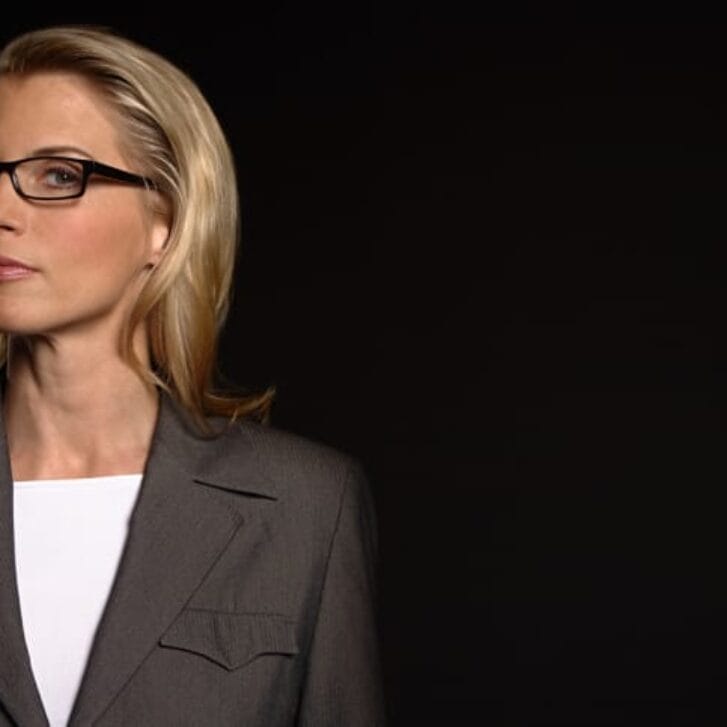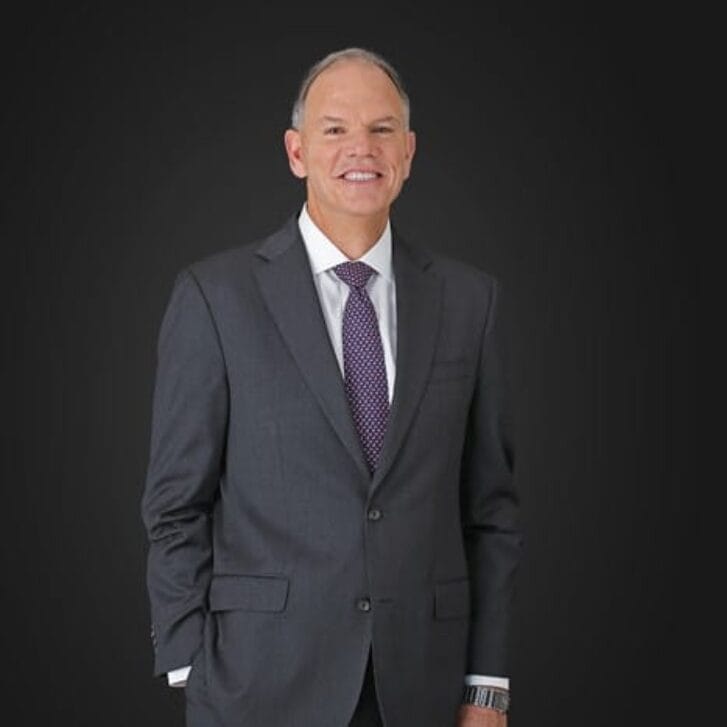The Wharton campus was abuzz! Stunned and in disbelief, MBA students were frantically reading reports and watching TV screens throughout Huntsman Hall. Wharton’s renowned finance professors were being quoted in the news. The MBA Career Management office was drafting emails about cuts in recruiting projections. It was Sept. 15, 2008—the day when Lehman Brothers filed for bankruptcy, sending the global financial system into a tailspin. Nobody could begin to imagine what Sept. 16 would bring.
Fast-forward five-and-a-half years, and we see a very different world. The financial crisis is behind us and capital markets seem to have stabilized. Maria Bartiromo is now on Fox. Our classmates Neil, Dave, Jeff, and Andy [Neil Blumenthal, WG’10; David Gilboa, WG’10, GEN’10; Jeffrey Raider, WG’10; and Andrew Hunt, WG’10] are superstars at the helm of the ultra-hip Warby Parker. Wharton’s own Professor of Management and the Class of 1965 Chair Adam Grant is leading a revolution in which “givers” can finally get their well-deserved share of business success. And Kembrel Jones, deputy vice dean of student life, now has a team dedicated to supporting students and spreading warmth and good cheer around the campus.
But one of the most inspiring changes since that unfortunate September in 2008 can be found in the world of finance itself. As we started to pick ourselves up after that difficult time—the Wharton community, greater business community, society at large—we began to look for a compelling path forward, for something new and better. Finance doesn’t have to be a platform for gambling and risk-taking. Finance can and should be a force for good.
One of the most inspiring voices in this quest comes from Nobel laureate Robert Shiller, whose 2012 book Finance and the Good Society offers a wealth of insights on what’s been preventing finance from being a force for good. One of the most powerful messages in Shiller’s book is the idea that only fresh thinking and innovation will lead to financial solutions that can truly change the world for the better.
Many exciting new ideas and products advance finance as a force for good. First and foremost, the already well-established environmental, social and governance (ESG) standards have become widespread across the finance industry. We are also seeing a surge in activity around impact investing and social impact bonds. In addition, more seed funding options for social entrepreneurs, including crowdfunding and social venture capital ecosystem, are sprouting everywhere.
Despite the enthusiasm about these new possibilities, skepticism and push-back persist. For several years, reports about impact investing have described the space as “nascent,” leading one to wonder whether impact investing will ever move beyond this experimental stage. What will it take for more mainstream investors to get on board and direct significant pools of capital into this space?
There are many explanations for skepticism and caution, but we want to highlight the most obvious: Innovation is hard, innovation is uncertain, innovation often starts with rejection, and this is exactly where we are in the process of developing financial solutions with positive social or environmental impact. Even the most compelling ideas in this space are bound to face difficulties. This is a reality we simply have to embrace and overcome.
For those afraid of this challenge, thinking that they can revert to the tried and true ways of the past, let us all take a moment to remember what was—Sept. 15, 2008. With this powerful reminder, let us look to the future and do whatever it takes to develop financial innovations with the greatest potential to make a positive mark on our world.
Can finance be truly innovative? Yes, it can, and it should be; all we need to do is have a little faith, envision the possibility, and let new ideas and solutions really flourish.

























